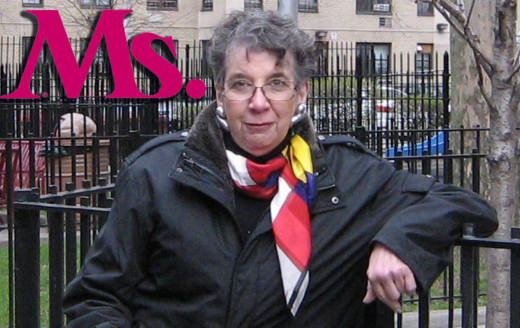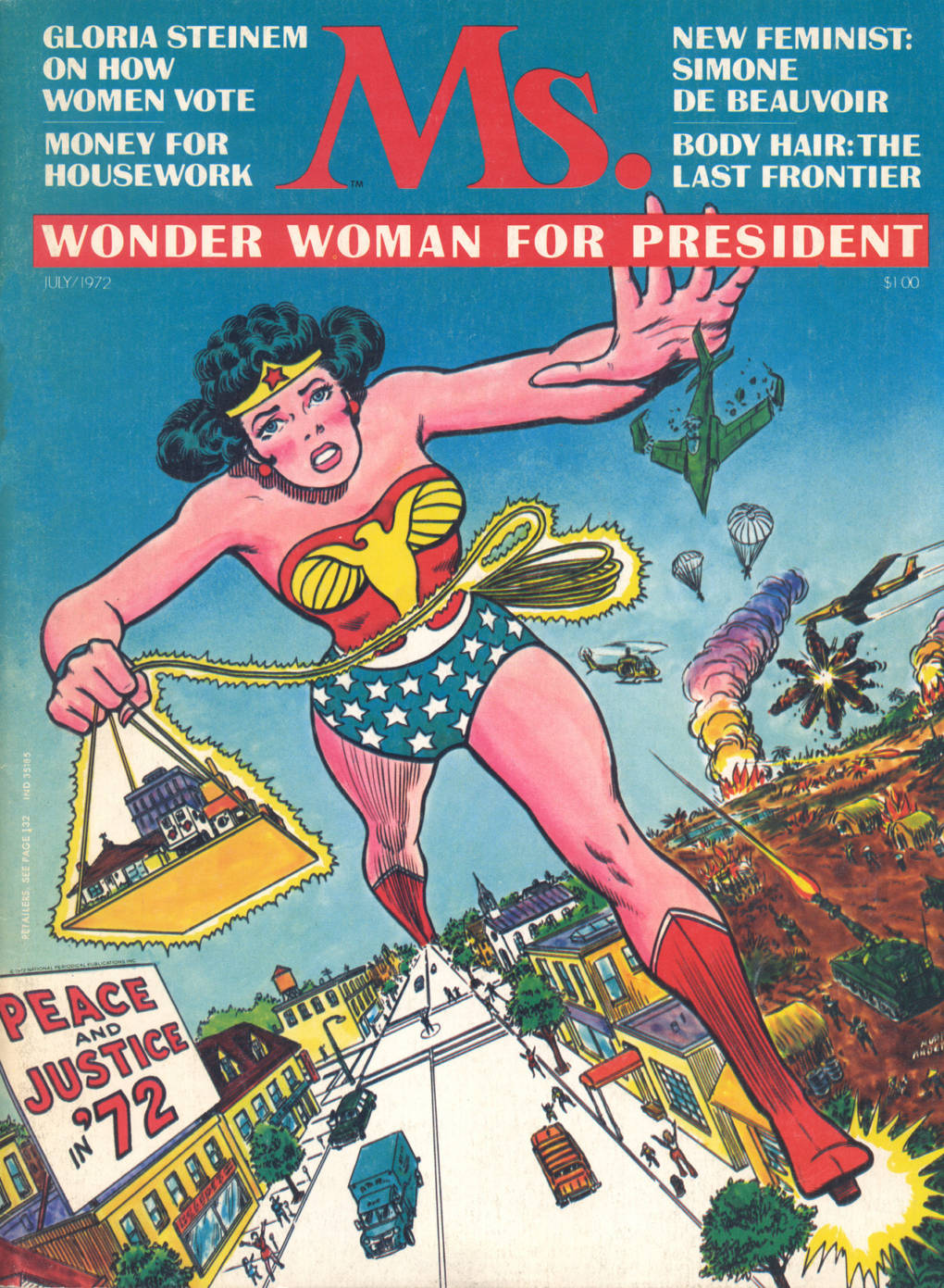How much thought have you ever given the term 'Ms.'? If your answer is not much, you're probably not alone. We see this pairing of two letters and a dot and assume it's always existed on forms beside Mr. and Mrs. and Miss. But the signifier has a shorter history than you'd imagine, one that holds Sheila Michaels -- who died on June 22, 2017 at the age of 78 -- in its center.
Michaels assumed many forms in her life -- New York cabbie, Japanese restaurateur, civil-rights organizer, newspaper editor, oral historian -- but one thing remained fixed: her unapologetic commitment to challenging entrenched misogynist and racist norms.
Her revolutionary streak revealed itself early on -- she was expelled from the College of William and Mary partly because of her anti-segregation editorials in the campus newspaper -- and became more and more pronounced as the years went on.
In 1961, an issue of a Marxist magazine News & Letters caught Michaels' eye. Addressed to her roommate, fellow civil-rights worker Mari Hamilton, the label read: Ms. Mari Hamilton. Michaels assumed the honorific was a typo, but she soon learned the term actually had roots as far back as 1901, but had largely fallen out of use. “Apparently, it was in use in stenographic books for a while,” Michaels told the New York Times. “I had never seen it before. It was kind of arcane knowledge.”



